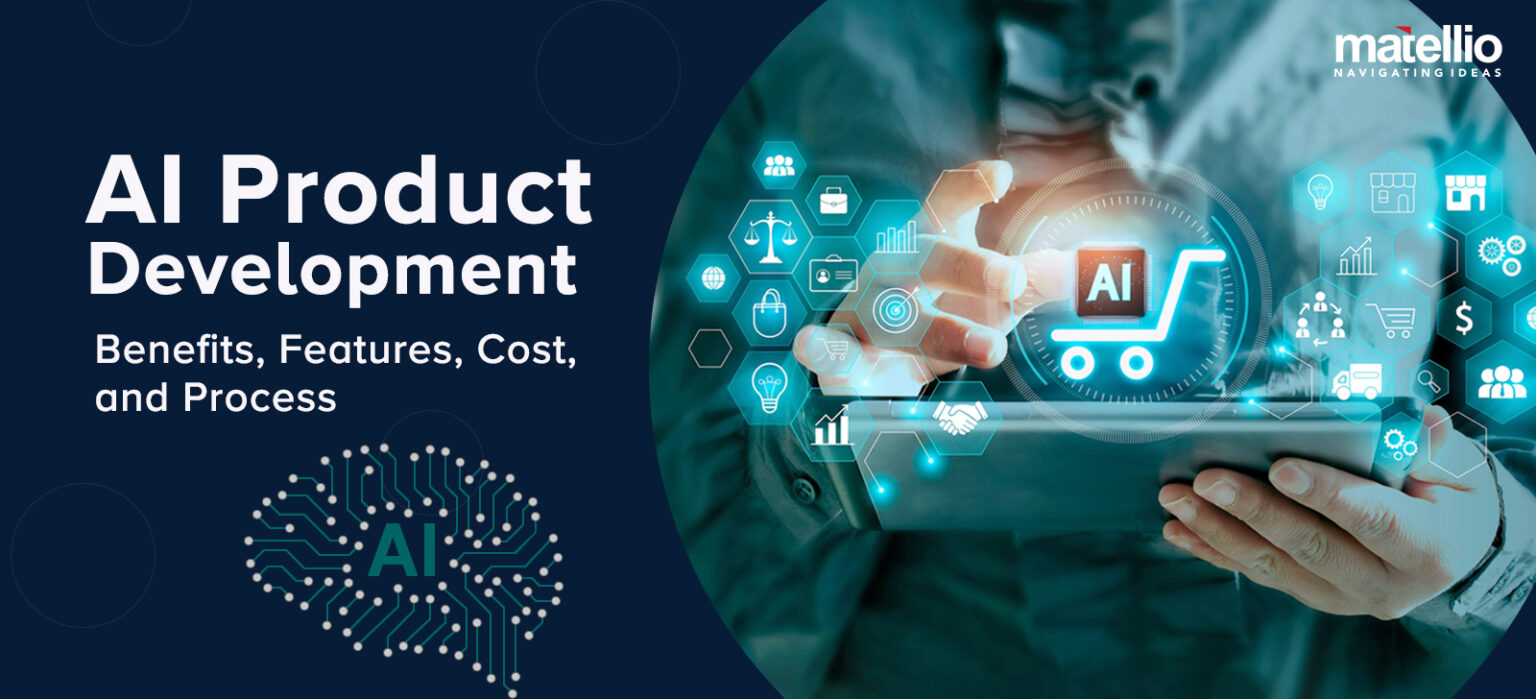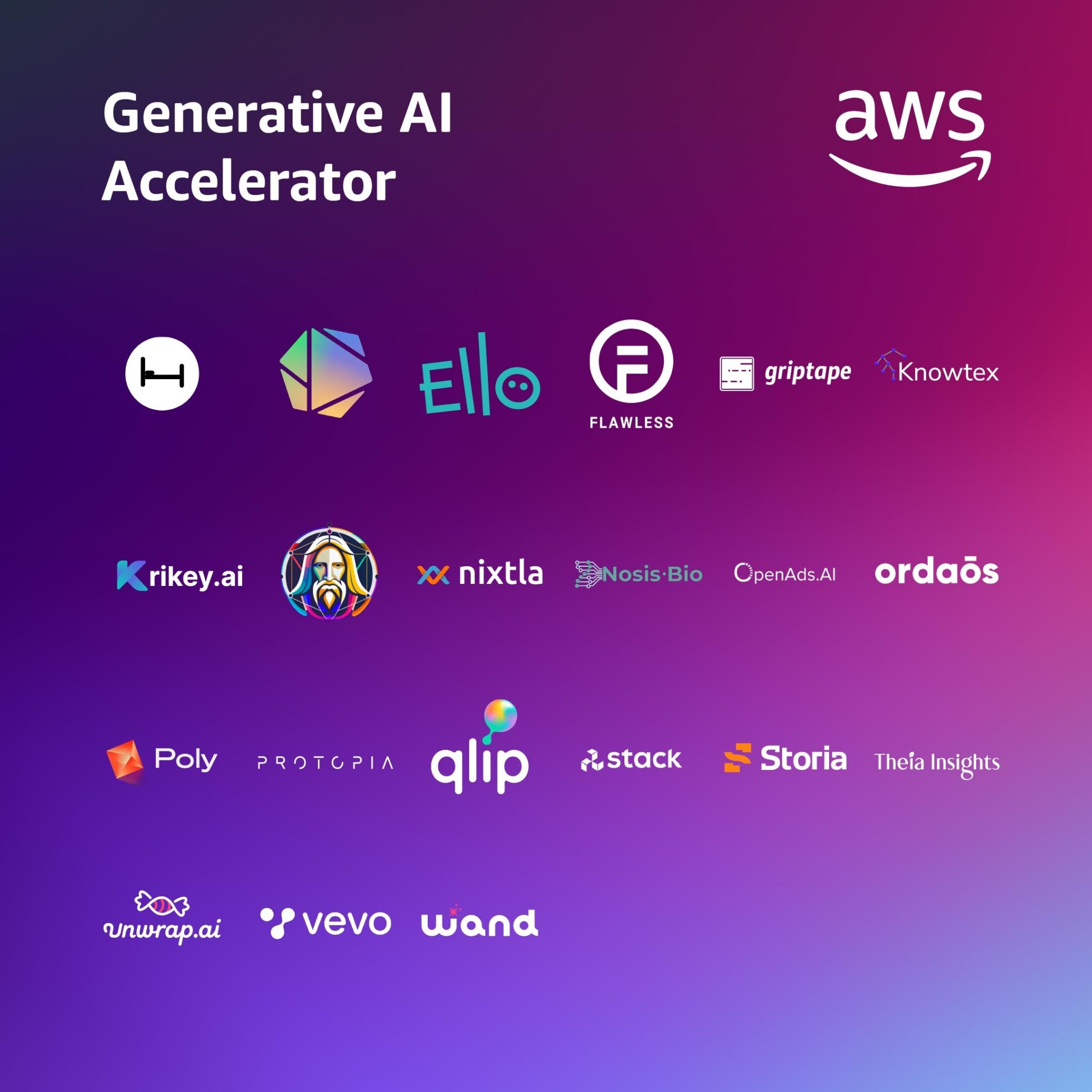
Hurdles to Avoid When Constructing AI Business Models

Building successful ai business models have challenges. The landscape is complex and can confuse organizations wanting to use artificial intelligence. In this post, we will look at common mistakes entrepreneurs and business leaders see often. Understanding these problems helps you overcome them.
Lack of knowledge is one issue. Data privacy causes concern. Scalability is another hurdle. Ethical issues come up, too. Each problem gives a chance to improve your strategy. If you tackle these obstacles, you can create a stronger ai business model. This way, you can boost innovation and gain customer trust.
Join us as we share valuable insights and useful advice. This info will help you build strong ai business models. The models you construct will stand out in a tough market. Let’s dive into ways to succeed with ai business models.
Understanding Common AI Business Model Hurdles
Businesses are quickly adopting AI solutions, but they face many hurdles that can impact their AI business models. Recognizing these challenges is key to strategizing for effective implementation and ensuring profits in the long run. Identifying the biggest hurdles helps organizations tackle them early and maximize their investment returns.
Many hurdles include issues such as talent acquisition, data privacy, scalability, ethics, and consumer trust. For example, up to 75% of companies say they lack in-house expertise to implement AI technology effectively. This gap in specialized skills not only delays deployment but also can misalign AI goals with the broader business aims.
Data privacy and security are also crucial. Companies handle large amounts of sensitive data, and failing to secure it can have serious legal and trust issues. More than two-thirds of consumers worry about companies’ data use, highlighting the need for clear data practices in AI business models.
Scalability presents another challenge. Studies show that 80% of businesses struggle to scale AI initiatives beyond pilot phases because of infrastructure limits and resource issues. Without a good framework for scaling, companies may not take full advantage of their AI investments.
Ethical issues are also on the rise. Concerns about algorithmic bias and accountability in AI decisions can harm a company’s reputation and draw regulatory attention. It is essential for firms to handle these ethical matters well to steer clear of potential public backlash and legal troubles.
Financial management is vital, too. Several businesses face budgeting limits that restrict spending on needed AI tech. Worries about long-term costs of AI can cause hesitation in pursuing bigger projects.
Finally, customer trust is vital for successful AI integration in business models. Close to 60% of consumers show reluctance towards AI solutions, mainly due to distrust in automation and a perceived loss of personal touch. Building customer confidence in AI tech is essential to overcome acceptance obstacles.
In summary, failing to tackle these barriers can lead to high costs, delayed timelines, and lower profits. To succeed in the fast-changing AI scene, organizations need to focus on identifying and overcoming these common challenges.
Next, we will discuss a key hurdle for companies in AI business models: the shortage of in-house expertise.
Lack of In-House Expertise
One major barrier for organizations working on AI business models is the lack of in-house expertise. AI technology changes rapidly, and there are not enough skilled experts to use these advancements well. Research shows about 70% of businesses see talent shortages holding back AI efforts.
This shortage of expertise creates many challenges. Companies struggle to find and keep top AI talent because tech giants and startups compete intensely. This competition raises salaries and makes it hard for groups with less money to form good AI teams. Additionally, current staff may not have the right skills or training to use AI tech fully, resulting in bad implementations and low returns.
Organizations aiming to boost AI abilities in-house need to focus on building internal knowledge. One good strategy involves investing in education and training for existing workers, letting them grow skills in AI fields. Partnerships with universities may help create a talent pipeline with fresh AI knowledge. Working with skilled AI companies can also provide key insights, speeding up learning and innovation.
By solving the in-house expertise issue, organizations improve their skills in forming AI business models and better utilize AI tech. Looking ahead, it’s important to also consider data privacy and safety, as they can pose serious issues when businesses include AI in their processes.
Data Privacy and Security Concerns
With AI business models getting more popular, data privacy and security concerns grow. AI needs lots of sensitive data to train algorithms. This creates risks if safeguards are not applied. A data breach can let unwanted access to personal info, causing financial loss and harm to the reputation.
Industry insights say that 60% of organizations see data privacy issues as a major barrier to AI use. Using AI can make weaknesses visible in business processes. Issues can include weak encryption and poor access controls, which hackers can take advantage of. Therefore, strong AI strategies require a solid focus on cybersecurity and data safety, including encryption and audits.
Businesses can reduce these worries when they create strict data governance rules that explain data collection, storage, processing, and sharing. Data anonymization helps in protecting identifiable information while still allowing business insight from analysis. Also, secure cloud solutions with best practices for data safety add extra protection.
Regulatory compliance matters too in resolving data privacy worries. Companies must read a complicated set of rules like General Data Protection Regulation (GDPR) and California Consumer Privacy Act (CCPA). Non-compliance brings huge fines and legal issues, making it a must for businesses to know about laws deciding data use and AI activities.
As the digital world changes, keeping current with cybersecurity and rules helps companies secure their data. This also builds trust with stakeholders. Trust is important while businesses work on making their AI business models successful, leading to the next challenge: issues with scalability and infrastructure.
Scalability and Infrastructure Issues
As more companies shift toward AI to improve operations, they must grasp the challenges of scalability and infrastructure. A key technical barrier to effective AI integration is whether current systems can manage AI tech demands. About 49% of businesses say their infrastructure lacks support for advanced AI applications, causing slowdowns and inefficiencies.
It’s not just optional to invest in scalable systems; it is crucial for businesses wanting to implement AI business models successfully. A scalable infrastructure allows organizations to grow their abilities as AI demand rises. This growth should occur without losing efficiency or performance. This might mean upgrading systems, using cloud solutions, or adopting data management strategies that evolve with business needs.
Moreover, AI integration strategies with existing infrastructures should become clear. Companies should aim to adopt a phased method when introducing AI technologies. They can start with pilot programs to see how AI fits within current workflows. This approach helps pinpoint compatibility problems, thus lowering risks related to large-scale deployment. Such a careful integration process could ease the transition and enhance the return on AI investment.
In conclusion, as organizations face these scalability and infrastructure challenges, building a strong technical foundation is critical for effective AI business models. Moving forward, firms should also think about ethical and legal aspects of AI technology, making sure their infrastructure is not only capable, but thoughtfully designed to manage data privacy and accountability issues.
Ethical and Legal Considerations
AI business models face important ethical and legal issues that shape their sustainability and public trust. Companies need to grasp that AI can replicate biases from its training data without meaning to. Identifying and fixing these biases is vital for fair AI development. McKinsey suggests that by reviewing data sets and algorithms, firms can reduce biases. This ensures AI systems do not unfairly impact certain user groups.
Also, focusing on fairness and openness in AI can greatly boost the credibility of AI business models. Many stakeholders now want accountability and clarity about how AI conclusions emerge. Using clear practices, like explaining decision-making by algorithms, builds trust among users and regulators. For instance, offering users a peek into AI decision methods helps them grasp the reasons behind automated choices.
Legally, following laws and regulations is key to protect rights and avoid lawsuits. Companies must deal with a tricky legal scene that includes data privacy laws and anti-discrimination rules. The General Data Protection Regulation (GDPR), for example, sets strict rules for how to handle data. It forces firms to value user consent in all AI work. Not following these laws can lead to large fines and harm a brand’s image, underlining the need for a proactive legal strategy.
In closing, addressing ethical and legal issues in AI business models prevents legal troubles and shows a commitment to society. As organizations deal with these challenges, they can innovate while keeping public trust intact and remaining lawful.
Moving to the next part on Cost Management and Financial Aspects in AI, we must note that ethics and legality impact finances too, influencing initial funding and sustaining long-term AI projects.
Cost Management and Financial Considerations in AI Deployment
AI solutions often brings financial difficulties that businesses must face to ensure their ai business models work. From startup investments to ongoing costs, financially navigating AI can be tricky. Many firms find high costs tied to data acquisition, tools for processing, and model training. Unexpected issues can crop up, leading to budget issues and delays.
To control these costs effectively, companies should create smart budgets for those AI projects. This means planning for immediate costs during development, but also thinking about future expenses like system upgrades, more data storage, and bringing in specialized staff. Businesses can embrace agile methods to allow testing and improvements that help avoid costly errors early. Running pilot projects help companies test AI effectiveness before they implement it widely.
Additionally, making a case for investing in AI is important for getting support and funding. Companies need to highlight a clear return on investment for their AI endeavors to keep leadership on their side. For instance, using AI for automation can slash operational costs between 20% and 40% in certain sectors, emphasizing the gains when AI works right. Presenting solid data and examples of successes can strengthen their case for funds, illustrating better efficiency and profit with ai business models.
As firms tackle the detailed costs of AI, they also need to remember the ethical and legal aspects mentioned before. Following these rules can affect financial outcomes, as failing can mean extra costs and damage to reputation. Hence, coupling ethical AI use with careful financial strategies is key for steady growth in this area.
Shifting from financial aspects, firms should also focus on gaining customer trust and acceptance of AI tech. Stakeholders need to understand that improving customer experience using clear AI practices can hugely influence an organization’s success in the long run.
Customer Trust and Acceptance Issues
Business using AI business models face a big challenge. Gaining customer trust is hard. Many customer feel unsure about AI and what it means. This can slow down the use of AI solutions. Studies show that 41 percent of people did not see the good side of AI technology.
To gain trust, companies need to be clear about how their AI works. By explaining the data used, and how decisions are made, it helps build customer trust. For instance, firms that share info about their AI systems see a boost of 30 percent in customer satisfaction.
To make people accept AI, involving them in making the tools is smart. Also showing demos and keeping data safe is key. Brands where customers can share their opinions on AI tools get a 25 percent higher thumbs up from users. By focusing on being honest and ethical, businesses can reduce doubts, and also create strong bonds with their customers.
Before looking at the next problem, one must note that resolving the trust issues is crucial for AI business models to thrive. Trust based on transparency and ethical behavior can grow loyal customer and boost AI project success.
Common AI Integration Problems
More business adopt ai business models, they face big troubles. Integrating ai technologies with their systems is hard. A lot of organizations see many technical issues. These problems come from old technology, and that ai tools do not work with them. Outdated system architecture also makes things tougher.
To fix these problems, organizations need a clear approach. First, they should check their infrastructure. This shows what is not working and what needs fixing. Also, using middleware or API management tools can help. These tools make communication better between ai applications and old software.
Examples from industries show how businesses could integrate ai. Companies using cloud solutions for ai often say they see better data management and quicker deployment. Moving to cloud platforms not only helps companies match with ai tools, but also gives them flexibility they need for their ai business models.
In conclusion, tackling common ai integration problems matters for building effective ai business model. Companies that focus on quick integration methods find themselves ready to use ai better. It is important if they want to stay competitive in a fast-changing digital world.
Conclusion
This article shows that making effective ai business models is quite challenging. Many businesses lack the in-house skills needed. There’s also the problem of privacy and ethics. These hurdles matter for any group wanting to use ai technology. Moreover, we noted how important it is to have growth potential, control costs, and build trust among customers. These factors all affect how ai projects work.
Now you know these struggles, so it’s time for action. Check if your company is ready to face these challenges. You should make plans for strong ai business models that work well. Keep in mind, the task can be tough. However, with smart plans and a solid approach, you can succeed. Take hold of the opportunities that ai business models offer and get your organization prepared for the fast-changing digital world.
About AI Product Accelerator
AI Product Accelerator offers a structured 12-week program designed to help aspiring and experienced AI entrepreneurs build and launch valuable AI products.
This program matters because it provides comprehensive coaching, practical insights, and a supportive community that facilitates the transition from idea generation to market-ready product.
Ready to turn your AI concepts into business solutions? Join us today!

/read more
Related Articles


Mastering the Best AI Product Development Techniques

